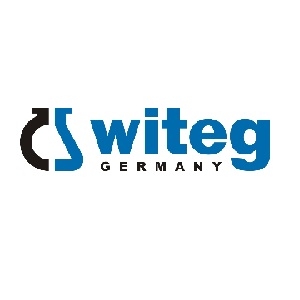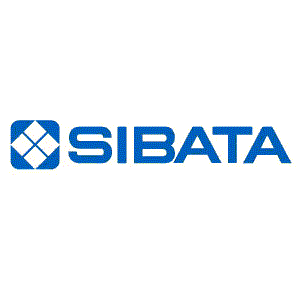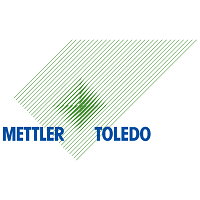A/Prof Derya Ozkul, Senior citizen Research Fellow, Refugee Research Centre, University of Oxford
Increasingly, technology and methods are being used to streamline asylum procedures. These types of range from biometric matching machines that examine iris reads and fingerprints to web directories for refugees and refugees to chatbots to help people signup protection cases. These tools are made to make it easier meant for states and agencies to process asylum applications, www.ascella-llc.com/the-counseling-services-offers-free-confidential-counseling-services-to-enrolled-students especially numerous systems are slowed down as a result of COVID-19 pandemic and elevating levels of required displacement.
Nevertheless they raise a host of human rights concerns. For instance , privacy worries, opaque decision-making, and the potential for biases or equipment errors that may lead to discriminatory outcomes. In addition they pose significant obstacles to migrants and asylum seekers, who are sometimes already disenfranchised and vulnerable and open.
Ozkul’s homework explores the ways in which fresh technologies can be used to verify details and narratives of migrant workers, allowing them to accelerate their asylum application procedure. It also examines the ways by which these technology can create a particular informational space around migrant workers, and how that they configure their very own subjecthood. Subsequent Foucault, this lady argues that such algorithms are both local and institutional. For example , eye scanning algorithms can be seen mainly because an institutional technology, because they require the migrant to enter a specific location in order to be accepted; while advice algorithms are business and global in their effects, configuring subject areas as buyers.
As a result, they enact a particular form of hegemonic power more than displaced people. This is especially true given the current race to the underlying part in asylum policy – with some countries offering bonuses like the Nansen passport to help in cachette resettling and others impacting restrictive coverage that block their particular access to place and force them into dangerous and deadly journeys.





















